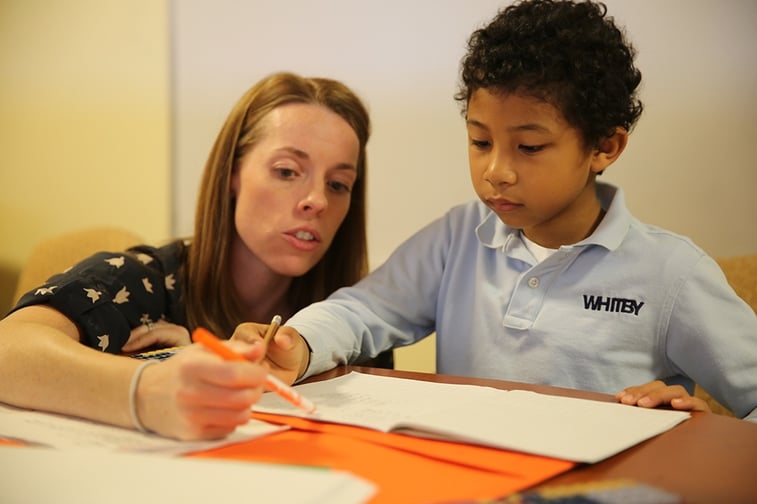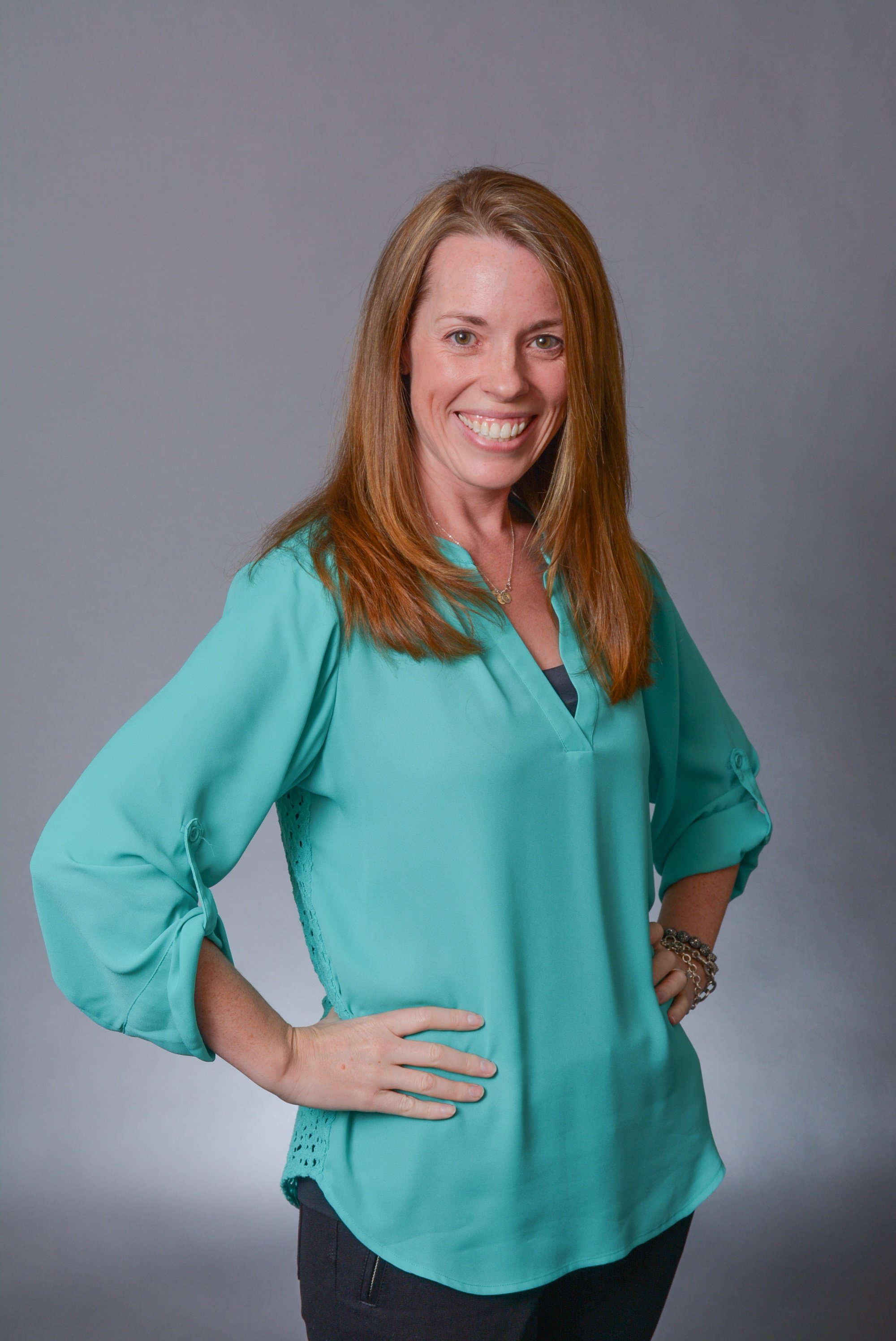The other day I was sitting in a Lower School math class working with a student on calculating the area of our Whitby garden, and at one point, she turned to me and said, "I'm just not good at math." I was caught off guard because here was this very young child who had already determined that she was not good at something. She had already given up. How does that message get conveyed? It made me think, what are we doing to help empower our students to look beyond their perceived abilities and help them value their effort equally?
I took a moment to think before answering my student. Students need to think about their math the same way they think about their other hobbies or other learning experiences. So this was my response:
"If I showed up to my first basketball practice, stood at the free-throw line and missed shot after shot, that doesn't mean I'm not good at basketball. It just means I'm not good, yet. It means I need more practice with the basic skills and the more I practice the skills, the better I will get. The same goes for mathematical learning."
She didn't buy it...yet. But the conversation has been started and will continue, because this mindset is not okay. I have seen students as young as kindergarten who have identified themselves as good at math or not good at math. Once that mindset starts, it can be very difficult to change it. We need to show students that continual practice – despite setbacks – is valued and celebrated.
In my last post I wrote about valuing the mathematical process as much as, if not more than, the end result. We are trying to foster a community of thinkers and problem solvers who persevere through challenges rather than running from them. We are trying to help the students see that mistakes can be powerful learning tools that provide them with the opportunities to learn new things, if they take them. But it seems as though, for some students, this will be an uphill battle – one that will include shifting a mindset, and that is not an easy task.

So how do we help those students who have already identified themselves as not good at something? How do we help them see their ability to change their perceived path? We need to encourage our students to be risk-takers in their learning and not to be afraid of mistakes. This begins with the way we speak about our abilities. Even as adults we sometimes joke about not being good at something. Our children are watching and listening. They hear this and start to believe it's okay to think in such a fixed way.
We can encourage a growth mindset with even our youngest students if we think about the way we speak to them about their learning.
The word "yet" has been getting a lot of attention lately, evident by this post and beyond. Carol Dweck speaks about the power of "yet" in her TedTalk, in which she refers to a growth mindset. Simply adding the word yet to the end of your thought can show students that they are on a learning journey that may be winding and include detours, rather than a set one-way path. We can encourage a growth mindset with even our youngest students if we think about the way we speak to them about their learning.
6 phrases that encourage a growth mindset in mathematics
- How are you thinking about solving this problem?
- Walk me through your process.
- Can you find another way to solve that problem?
- Where do you get stuck?
- Tell me what you have done so far.
- What questions do you have?
We as adults need to not only ask this of our students, but also live this ourselves. Children need to see us persevering through a challenging situation, be it math or something else. If we bring them into our thought process and show them how we come back from mistakes, they will start to believe us when we say, "You may not be there yet...but keep trying and you'll get there."



